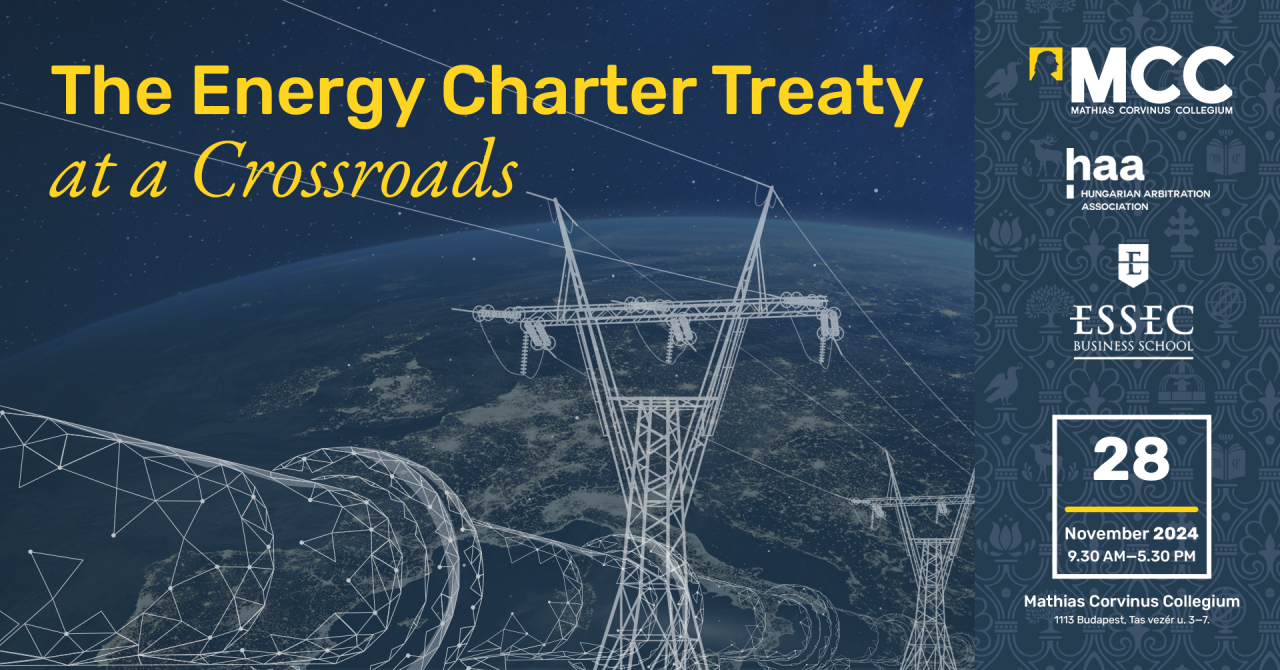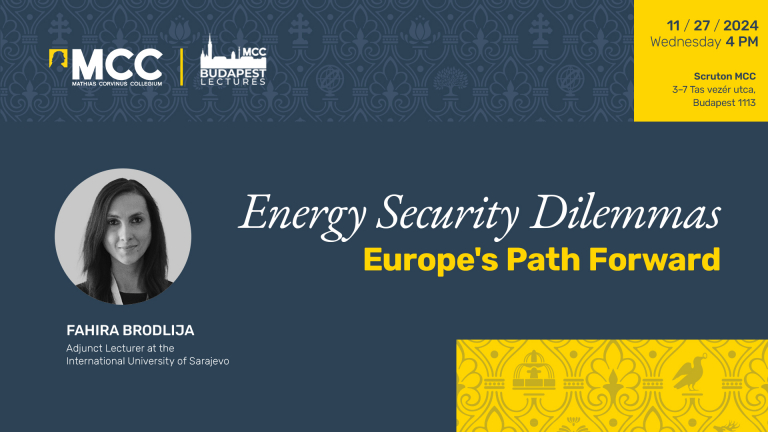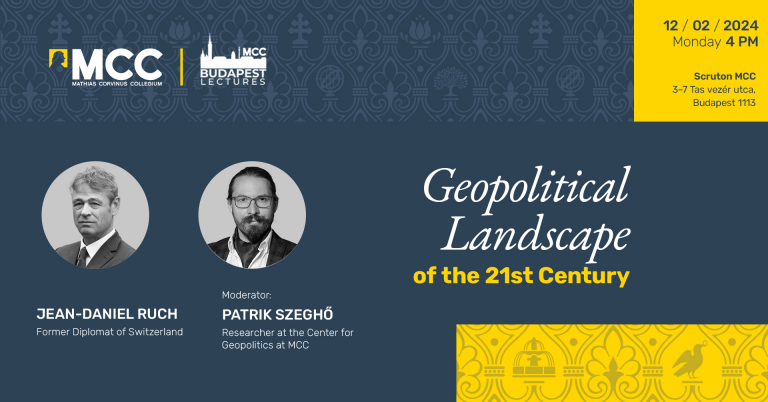However, starting in late 2022, several EU Member States withdrew from the ECT, citing its alleged incompatibility with climate goals, which resulted in a stalemate. The situation was fur ther complicated by the European Court of Justice’s Komstroy ruling, which deemed intra-EU ECT arbitration incompatible with EU law. After a two-year deadlock, the adoption of the modernized ECT is once again on the agenda for the upcoming Energy Charter Conference at the end of the year. The conference panels will examine the challenges surrounding the treaty’s modernization, including its implications for energy investment, legal stability within the EU, international energy cooperation, and its continued applicability within the EU.

The Energy Charter Treaty (ECT), established in the1990s to foster cross-border cooperation in the energy sector, is at a crossroads. Originally designed to attract investment in former Communist countries and facilitate energy flows to the West, the treaty has faced growing criticism for failing to align with modern policy objectives, including transit cost reduction, energy efficiency, and addressing climate change. In response, a modernization process began in 2017, culminating in the approval of a revised text in June 2022.





















